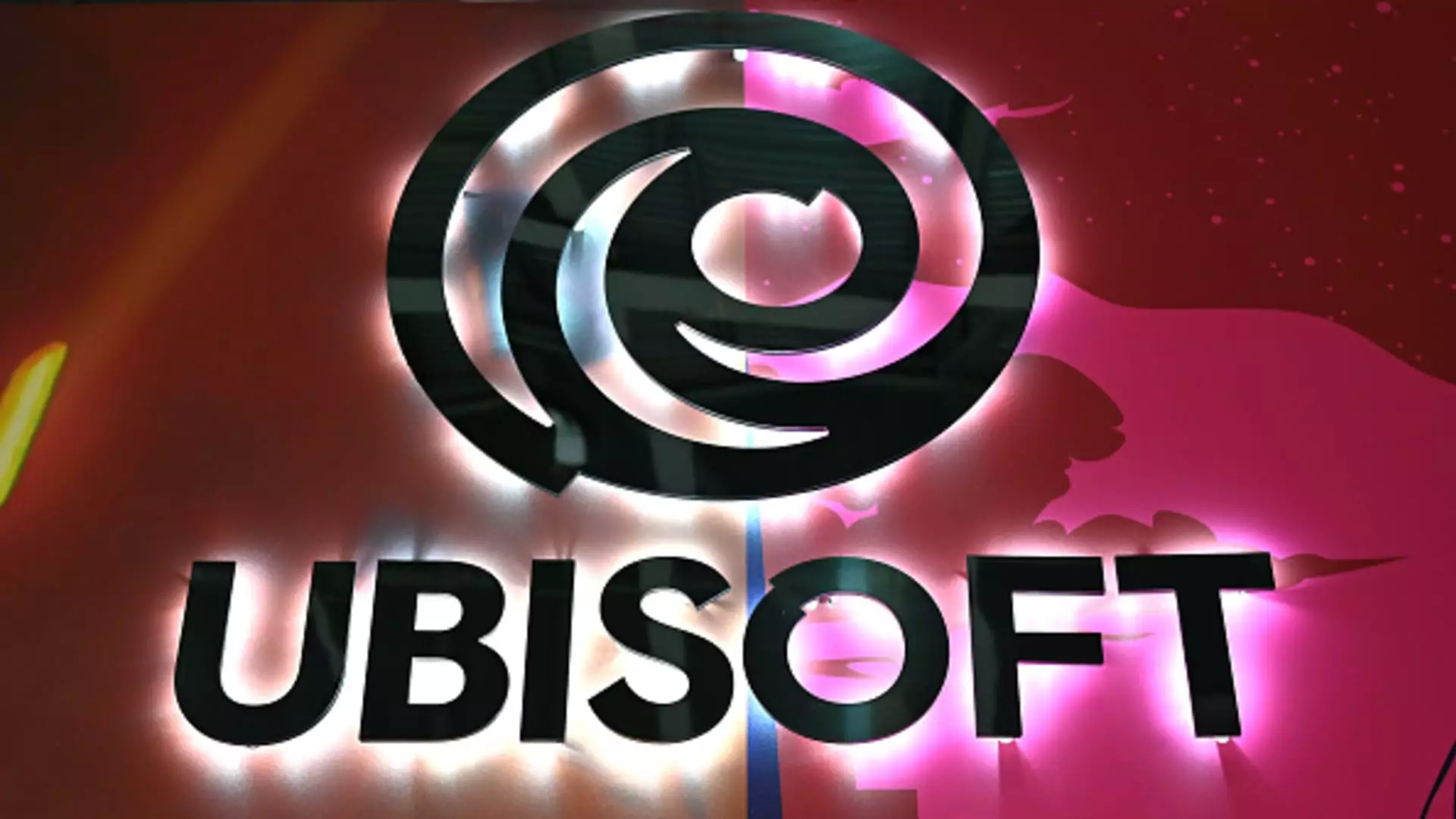On a seemingly ordinary Friday, shares of Ubisoft surged by an astonishing 30%, driven by a mix of speculative media reports and rising investor interest. The sudden boost in stock value follows disclosures that Tencent and the Guillemot family—minority shareholders in the French video game publisher—are contemplating a buyout for the beleaguered company. According to a Bloomberg report, this possible consolidation could shift Ubisoft into private ownership, amid concerns regarding its current market performance and strategic direction.
In the context of the video game industry, such fluctuations are not uncommon. Ubisoft, known for its blockbuster titles like “Assassin’s Creed,” has witnessed a staggering drop in its market value—plummeting by over 50% this year alone. This dramatic decline, in turn, has fueled discussions over the future of the company and its stakeholders. The stock market response to the buyout speculations highlights how closely tied investor sentiment is to the uncertain trajectory of major gaming firms.
Ubisoft’s challenges extend beyond its fluctuating stock prices. Recent announcements regarding postponed game releases and revised revenue projections have weighed heavily on investor confidence. The company recently deferred its anticipated “Assassin’s Creed Shadows” title by three months, a decision made necessary due to “softer than expected” consumer demand for its newest title, “Star Wars Outlaws,” which debuted only a month prior. This situation raises important queries about the company’s capacity to meet the evolving demands of gamers.
Simultaneously, Ubisoft adjusted its fiscal 2025 net bookings forecast downwards to an expected 1.95 billion euros, starkly below the 2.32 billion euros reported for the previous fiscal year. Such downward revisions are disheartening for shareholders and suggest ongoing strategic missteps that could necessitate leadership changes or even a more radical shift in corporate structure.
As speculation surrounding a potential buyout develops, it’s essential to parse the role and influence of Tencent in this scenario. With a 10% ownership in Ubisoft, Tencent is not only one of the largest technology enterprises in China but also a prominent player in global gaming markets, characterized by its successful franchises and robust revenue streams. Tencent’s involvement could buoy Ubisoft’s operations, especially in navigating the rough waters of today’s gaming landscape.
Moreover, Tencent’s credentials extend beyond mere ownership; the company has built a reputation for successfully managing top-tier gaming properties. Its expertise might provide Ubisoft with the strategic oversight necessary to rejuvenate its offerings and bolster its position in a competitive and increasingly crowded market.
Adding another layer of complexity to the unfolding narrative, AJ Investments, an activist investor holding less than 1% of Ubisoft, amassed a coalition representing around 10% of Ubisoft’s shareholders to advocate for significant management changes. The firm has not only pressed for a reevaluation of Ubisoft’s current operational strategy but has also suggested exploring private equity buyouts.
This uprising among shareholders signals a growing frustration with how Ubisoft has been managed, particularly in light of recent performances that have greatly disappointed both consumers and investors alike. AJ Investments advocates for a transformative strategy that could either include a merger or acquisition or a radical restructuring within the company itself.
To comprehend Ubisoft’s pressing challenges, it is crucial to consider a broader context—the gaming industry’s stagnation. Research from firms like Newzoo projects only a modest growth of approximately 2.1% year-on-year in 2024. This stands in stark contrast to the meteoric growth experienced during the pandemic, during which consumers were both financially and emotionally invested in gaming like never before.
As James Lockyer, a technology research analyst, observed, the modern gamer’s behavior has evolved to favor established titles over newer releases. Economic realities also play a significant role; as cost-of-living increases continue to squeeze discretionary spending, gamers may find themselves with fewer resources to allocate toward new gaming experiences.
Ubisoft finds itself at a critical juncture—strategic rethinking is imperative, whether through potential buyouts, leadership changes, or a robust reassessment of gaming offerings. The future may still hold promise, but urgency and decisiveness will be necessary to navigate the myriad challenges facing this iconic gaming publisher.


Leave a Reply